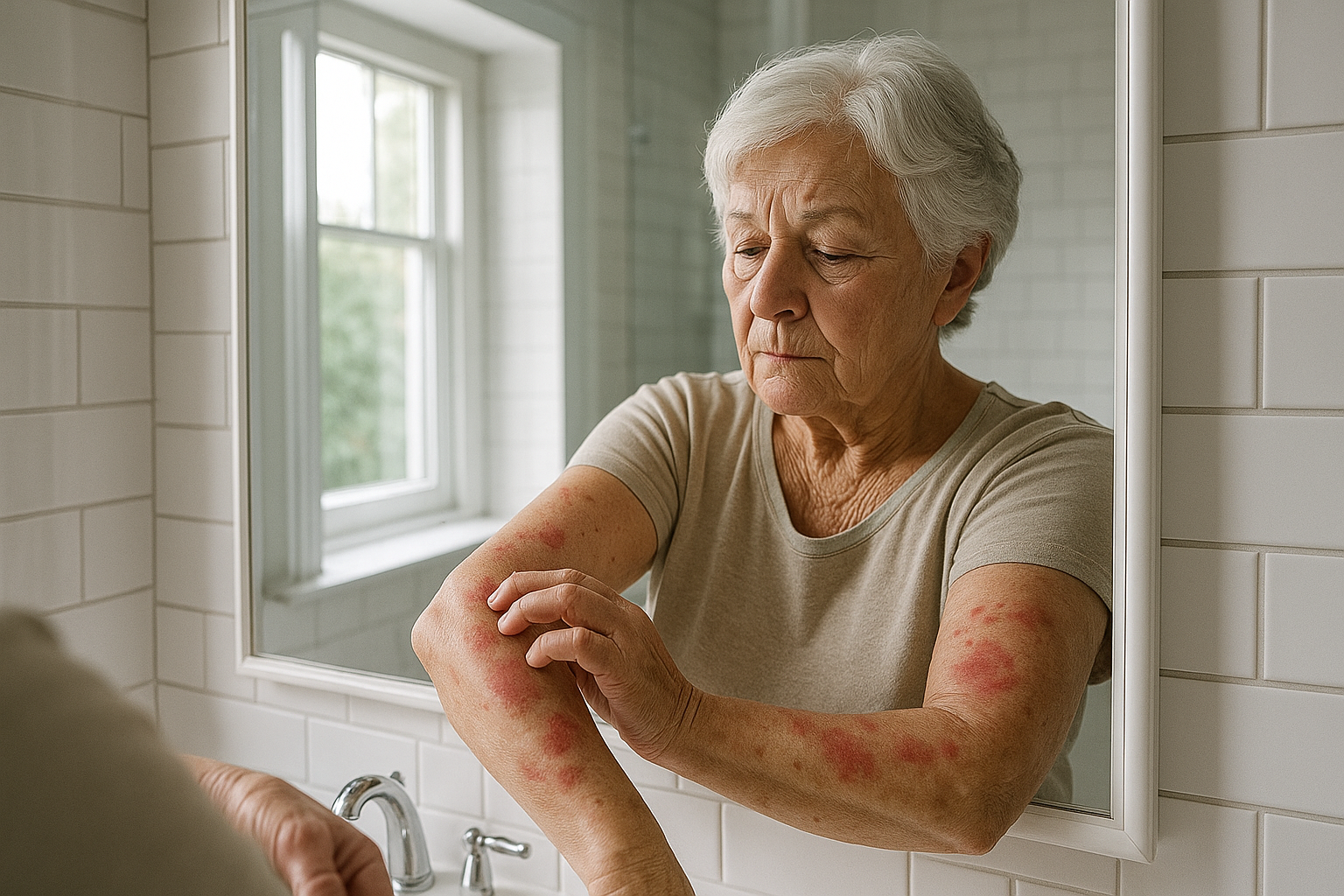Why Seniors Shouldn’t Ignore These Atopic Dermatitis Signs
If you're a senior concerned about your skin health, recognizing the signs of atopic dermatitis could save you from discomfort and complications, and learning more about this condition might lead you to browse options that offer relief and management strategies.

Understanding Atopic Dermatitis in Seniors
Atopic dermatitis, commonly known as eczema, is a chronic skin condition characterized by dry, itchy, and inflamed skin. While it is often associated with children, it can persist into adulthood and even manifest later in life. For seniors, the symptoms can be particularly bothersome and may lead to significant discomfort if left unaddressed.
The skin's natural barrier function tends to weaken with age, making older adults more susceptible to conditions like eczema. This vulnerability can lead to severe itching, redness, and even skin infections if not properly managed. Therefore, it's crucial for seniors to be vigilant about any changes in their skin and seek medical advice if they suspect atopic dermatitis.
Key Signs Seniors Shouldn't Ignore
Seniors should be aware of specific symptoms that might indicate the onset of atopic dermatitis. These include persistent itching, red or brownish patches, dry and scaly skin, and thickened or cracked skin. In some cases, these symptoms can become severe, leading to open sores or infections, which require immediate medical attention.
Ignoring these signs can lead to a decline in quality of life, as the constant itch and discomfort can interfere with daily activities and sleep. Moreover, untreated eczema can also increase the risk of skin infections, as the compromised skin barrier makes it easier for bacteria to penetrate.
Effective Management and Treatment Options
Fortunately, there are numerous treatment options available for managing atopic dermatitis effectively. Moisturizers and emollients play a critical role in maintaining skin hydration and preventing flare-ups. It's advisable to use fragrance-free and hypoallergenic products to minimize irritation.
Topical corticosteroids are often prescribed to reduce inflammation and control itching. In more severe cases, doctors may recommend systemic treatments, including oral medications or biologics, which target specific pathways in the immune system to alleviate symptoms1.
Additionally, lifestyle modifications can significantly impact the management of atopic dermatitis. Seniors are encouraged to maintain a regular skincare routine, avoid known irritants, and manage stress levels, as stress can exacerbate symptoms2.
The Importance of Professional Guidance
Consulting with a dermatologist is essential for seniors experiencing symptoms of atopic dermatitis. A healthcare professional can provide a tailored treatment plan that addresses individual needs and considers any other health conditions that might affect skin health. Regular check-ups can also help monitor the condition and adjust treatments as necessary.
Moreover, there are various specialized services and resources available that can provide additional support and information on managing atopic dermatitis. Seniors can visit websites dedicated to skin health to explore these options further and stay informed about the latest advancements in treatment.
Atopic dermatitis can significantly impact the well-being of seniors, but with proper attention and care, its effects can be minimized. By recognizing the signs early and seeking appropriate treatment, you can maintain healthier skin and improve your overall quality of life. Don't hesitate to follow the options available for managing this condition effectively and explore the wealth of resources that can offer further guidance and support.








